Age Specific Learning
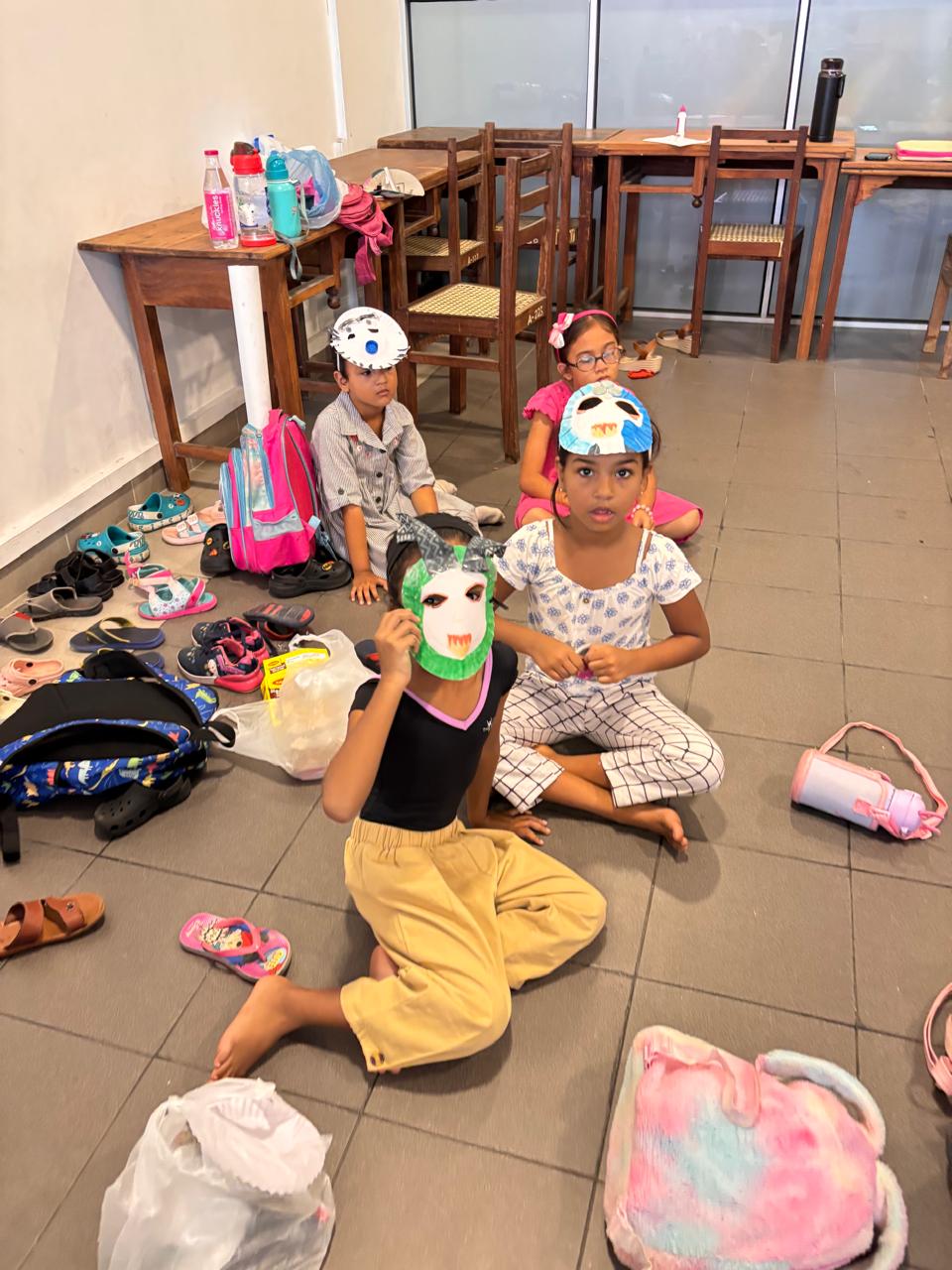
4 to 7 Years
Drama
Helps build confidence and encourages children to explore and expand their imagination through structured drama activities.
Vocal Training
An understanding of the basics of pitch and rhythm. It is an introduction to musical awareness. They also learn about the interpretation of lyrics and music, along with simple choreographed movements.
Performance Arts
Together, they discover aspects of different art forms through structured play and learning activities. This helps open their minds to endless imagination.
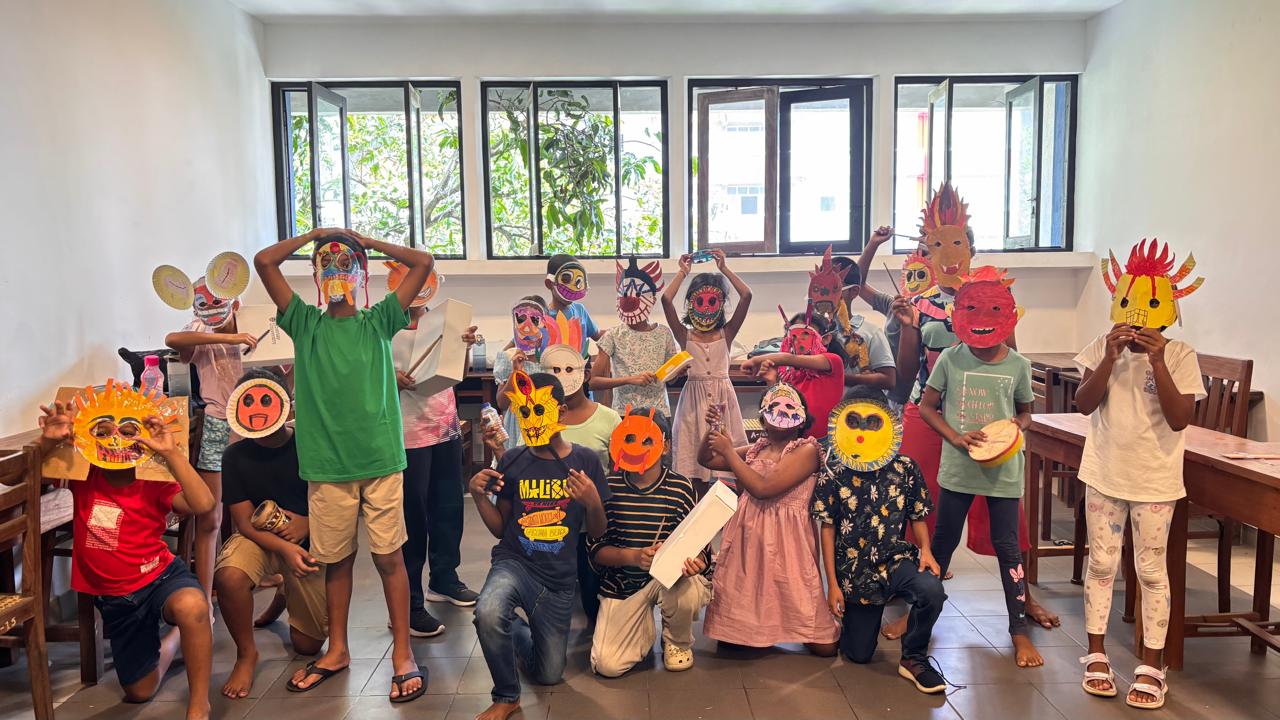
8 to 10 Years
Drama
Students are introduced to the coordination of body and voice to communicate and express ideas. They develop the art of projection, articulation, pitch, pace, power and audience awareness. We help them grasp the basics of understanding and analysing simple narratives, the concepts of storytelling and developing confidence to express their ideas.
Vocal Training
Here, they learn to expand their vocal range, voice projection, and audio dynamics. They are encouraged to create tunes and lyric writing and explore new musical genres enhanced by appropriate choreography.
Performance Arts
While they learn and understand the need to be aware of their audience, they are encouraged to develop an awareness of their own ideas. Performing also helps build confidence to express their individual thoughts and ideas.
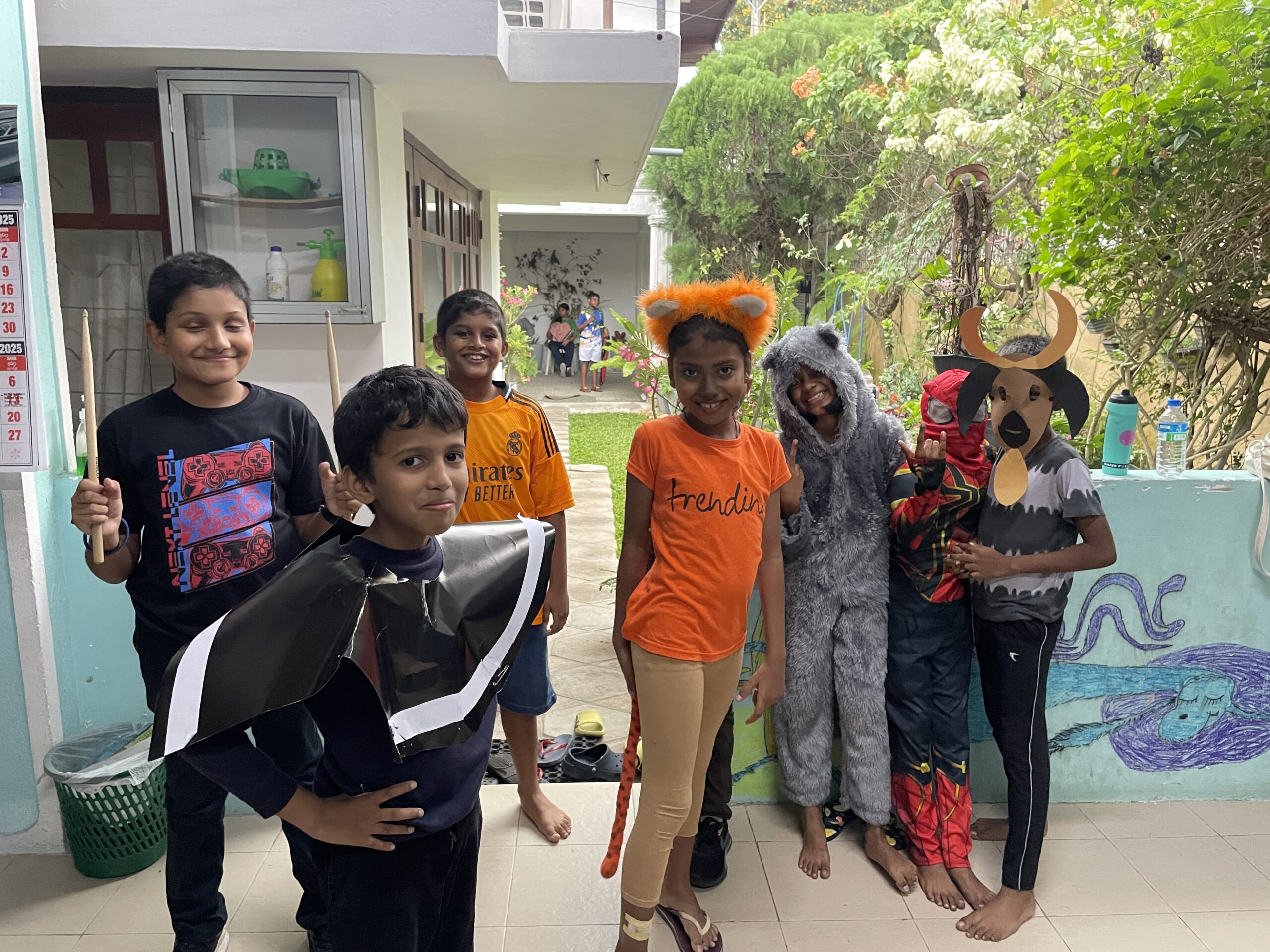
11 to 13 Years
Drama
Students are taught integration of vocal and physical performance skills, body coordination and the need to understand the meaning of their role on stage, the mood and content. They are encouraged to explore the different ways in which material could be interpreted. They also develop the ability to engage an audience and communicate character, mood and meaning.
Vocal Training
This is the age where they learn wider technical skills connected with pitch, articulation, and performance styles, demonstrating a developing vocal command. They are also introduced to two-part harmony in a choral setting. We encourage kids to enhance their musical skill and performance with an accompanying musical instrument. Students are taught creative thinking required for music and lyric composition. Here, we attempt to widen their appreciation of a variety of musical genres.
Performance Arts
Learning to create and sustain performances demonstrating some technique and fluency. Students are encouraged to explore imaginative choices of interpretation to design and realise their performances. Engaging students in various contributory skills that add value to their method of delivery.
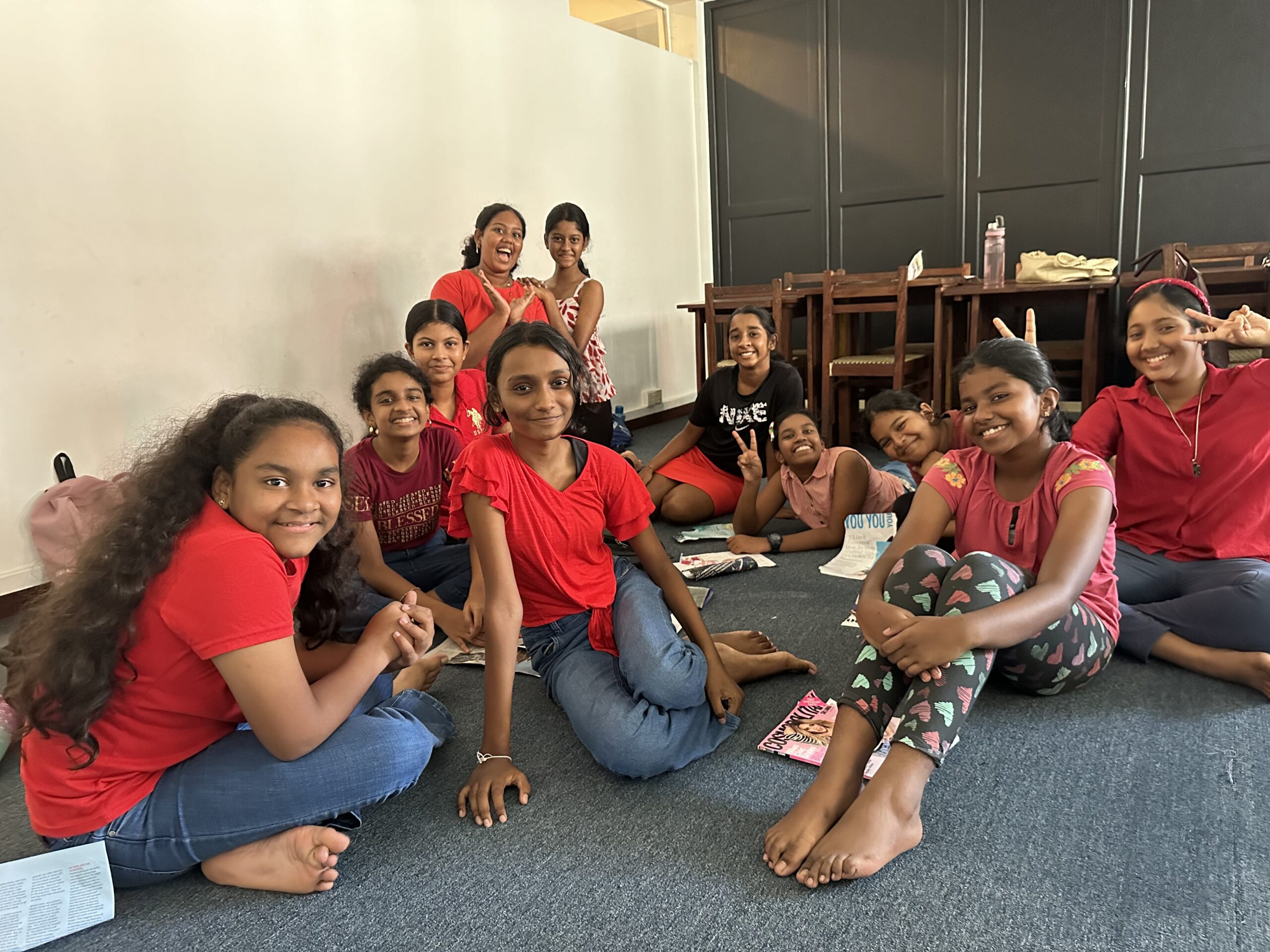
14 to 16 Years
Drama
This is the ideal age to learn skills such as negotiating space for performance and how to integrate vocal and physical performance skills imaginatively and accurately when presented with a range of material. They also learn to understand elements of engaging the audience to communicate meaning and mood.
Vocal Training
At this stage students may choose the path to becoming a soloist. To this end, students need to develop the ability to handle sustained performances with stylistic interpretation. They are encouraged to explore a capella singing and three-part harmony and introduced to technically challenging choreographed movement.
Performance Arts
Students are introduced to the integration of wide-ranging performance skills and material, and learn to convey character, mood, themes and narratives. There is a clear understanding of technique necessary for various art forms, and the need to engage the audience through a sincere connection to the material.
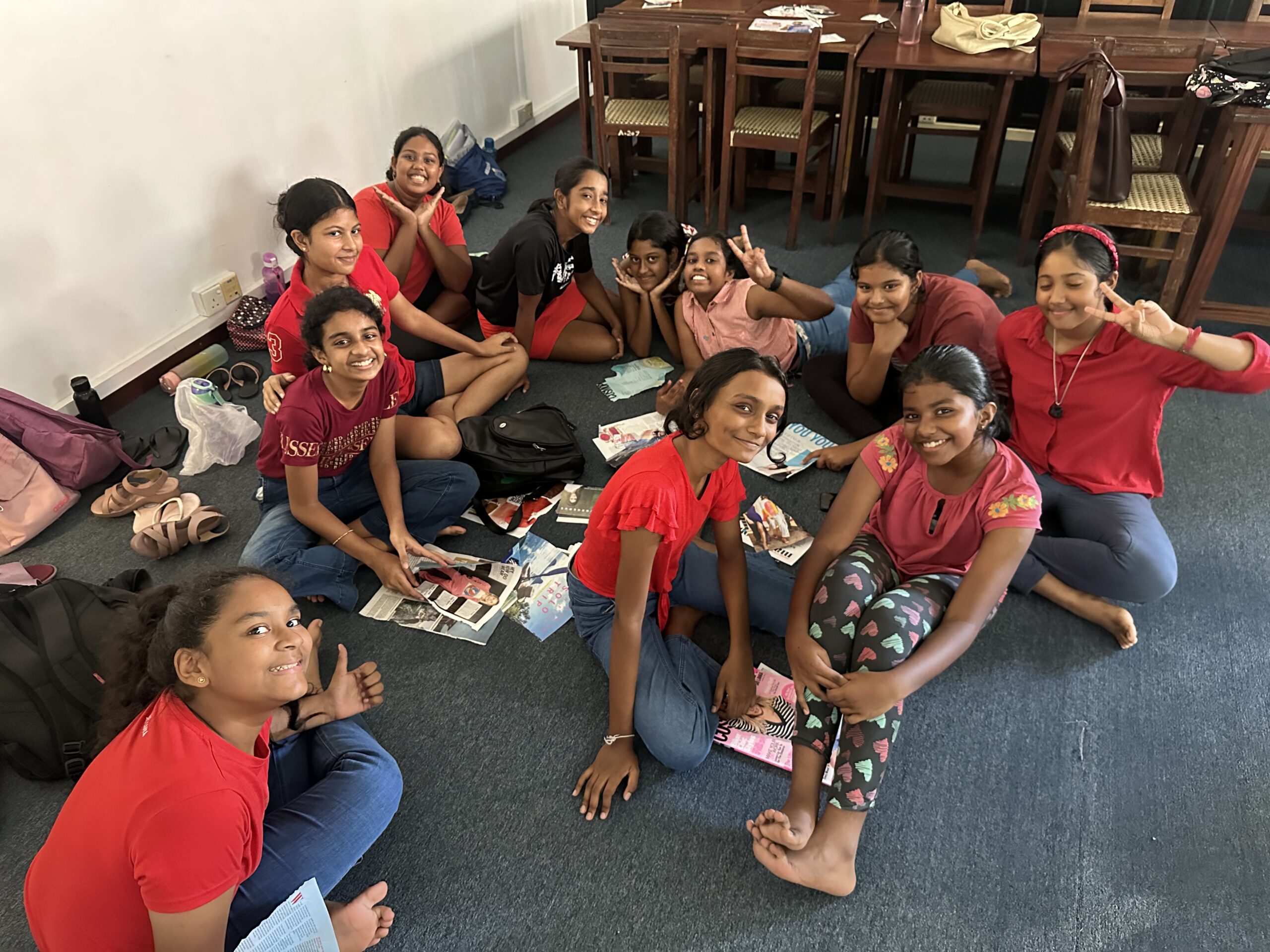
17 and Above
Drama
At this stage, young people are guided towards exploring different methods of enhancing characterisation. They are encouraged to attempt creating imagined situations through improvisation. Furthermore, we cover the areas of conceptualisation and the delivery of sustained, coherent and fluent performances. They learn the intricacies of in-depth analysis of material and develop the ability to provide independent interpretation.
Vocal Training
Young people are taught to focus on accuracy, technical fluency and communication through a variety of styles. They acquire the confidence to demonstrate technical control across the full compass of the voice within a variety of genres. While they develop musical and stylistic awareness, they are encouraged to explore beyond four-part harmony in a choir setting.
Performance Arts
Students hone their critical thinking and analytical skills while researching and preparing their performances. They are encouraged to be innovative, multi-skilled and reflective performers, developing their skills in rehearsal and performance methodologies. They gain an in-depth understanding of the principles and practice of vocal and physical skills, characterisation and audience engagement through preparing and performing a range of material drawn from different areas.
